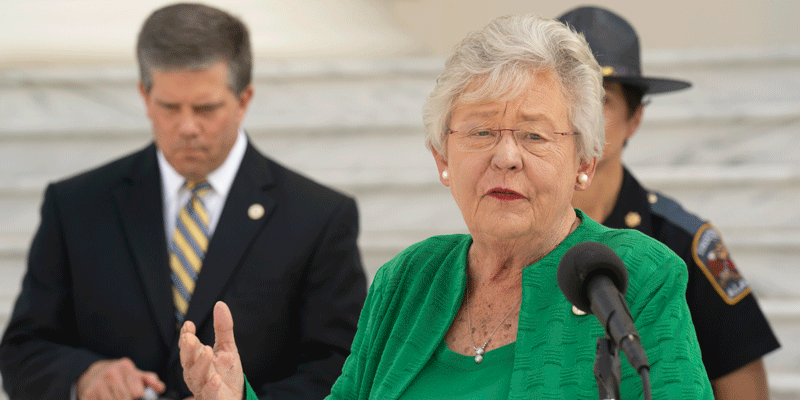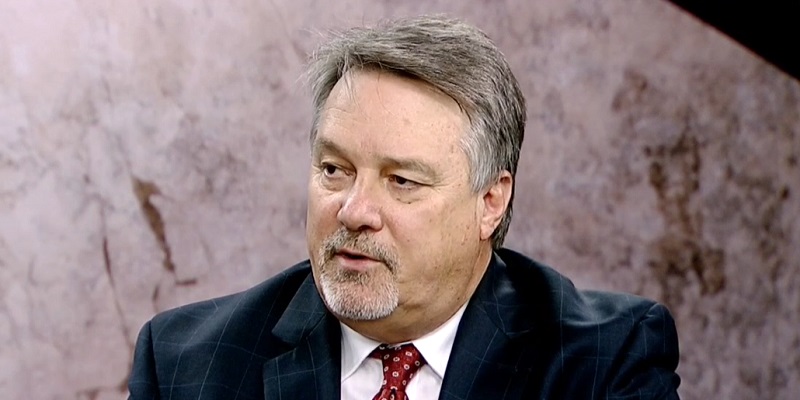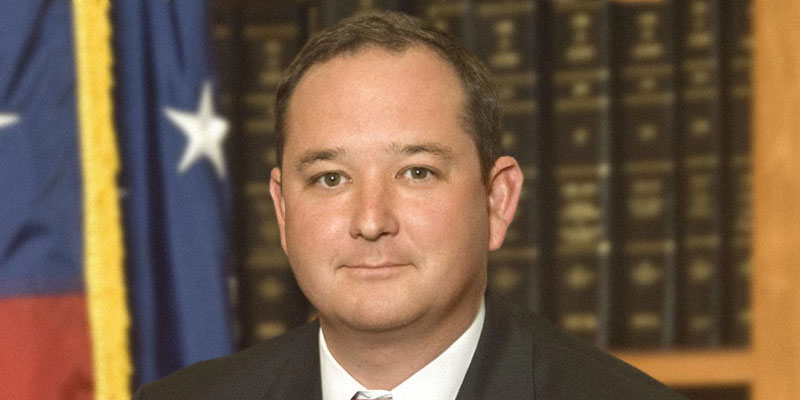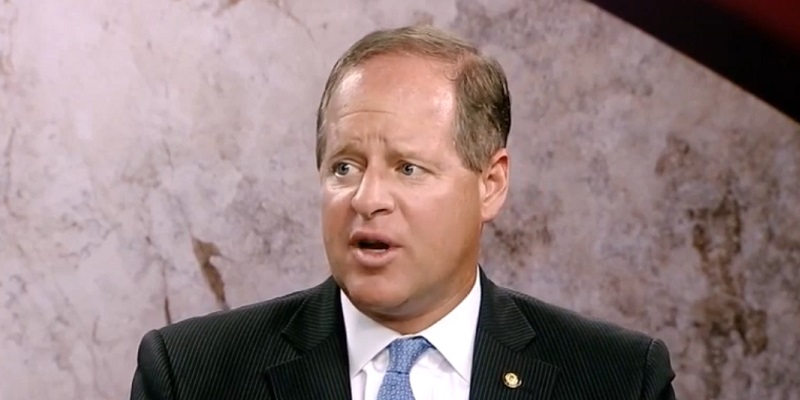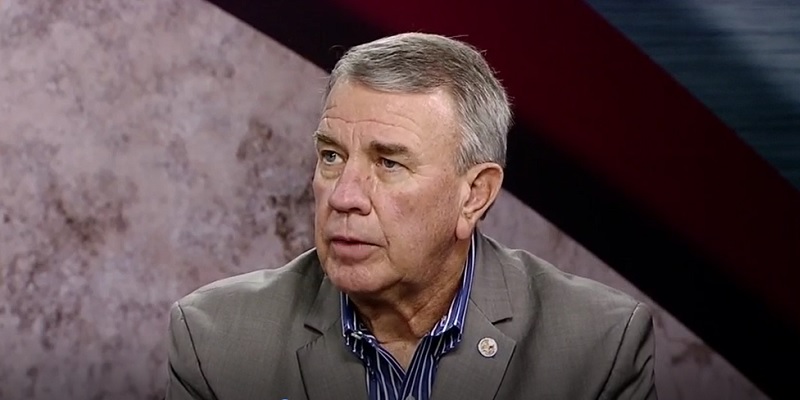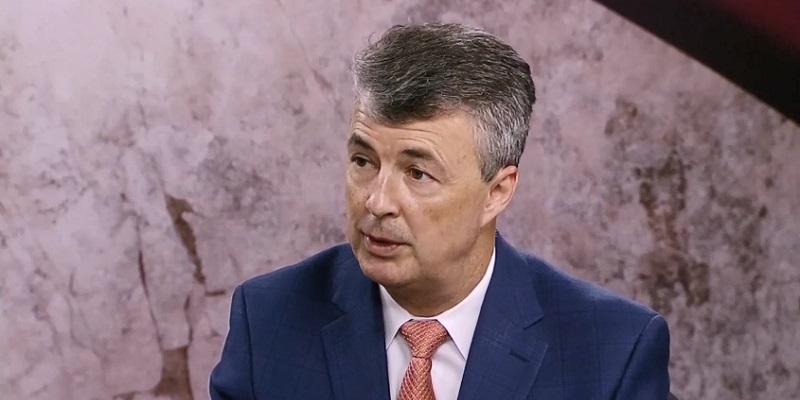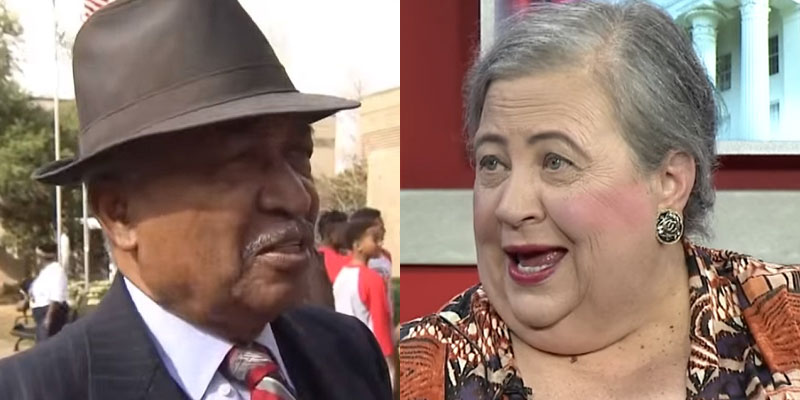Governor Kay Ivey on Thursday announced her support for a major, bipartisan package of bills that have been introduced in the Alabama legislature upon recommendation from the Governor’s Study Group on Criminal Justice Policy.
Ivey established the study group in July 2019, which came after the Department of Justice concluded that there is reasonable cause to believe that the conditions in Alabama’s prisons for men violate the Eighth Amendment of the U.S. Constitution regarding “cruel and unusual punishment.” Ivey inherited decades-old systemic problems in the state’s prison system upon becoming governor and has been working to improve the Alabama Department of Corrections since taking office. The issue was a major focus of her 2020 State of the State Address.
Upon conclusion of the study group last month, the members presented the governor with their recommendations for comprehensive reform.
RELATED: Governor’s Study Group on Criminal Justice Policy yields positive recommendations
“I tasked the Criminal Justice Study Group with the mission of finding data-driven solutions to our longstanding challenges in our prison system,” Ivey said in a statement on Thursday. “I’m not only proud of their efforts, but I’m pleased there were solid recommendations, which came as a result of their hard work. Through these legislative items, we can build upon steps my administration has already begun taking to improve our criminal justice system.
The package of bills she is recommending as follows:
• SB 226, by Sen. Clyde Chambliss (R-Prattville), will establish a Deputy Commissioner of Rehabilitation within the Department of Corrections (DOC), as well as within the Bureau of Pardons and Paroles. This bill will refocus these agencies toward reducing recidivism among those in the state’s custody while promoting public safety.
• SB 244, by Sen. Cam Ward (R-Alabaster), will ensure that all inmates coming to the end of their sentences undergo mandatory, pre-release supervision. A 2015 law accomplished this result for offenders sentenced after its enactment; this bill will make that statute retroactive. While reducing burdens on DOC, this bill will also improve public safety by helping inmates successfully re-enter society.
• HB 323, by Rep. Chris England (D-Tuscaloosa), will require the Department of Corrections to report more information to the Legislative Prison Oversight Committee. This bill will provide lawmakers with information to make knowledgeable decisions during the appropriation process. It will also update the Oath of Office that is taken by Correctional Officers to reflect the Department’s renewed focus on the rehabilitation of inmates.
• HB 329, by Rep. Jim Hill (R-Moody), will make retroactive the state’s existing “presumptive sentencing guidelines.” Prior to October 1, 2013, offenders were sentenced to lengthy sentences, even life imprisonment, for nonviolent crimes. This bill will allow nonviolent offenders who are currently incarcerated under the previous guidelines to be eligible for resentencing under current, presumptive sentencing guidelines if they have demonstrated acceptable conduct while in prison.
• HB 342, by Rep. Connie Rowe (R-Jasper), will provide former inmates the ability to receive a non-driver photo identification card. One of the greatest barriers of joining the workforce for those coming out of incarceration is a viable form of government identification. This bill will require the DOC and the Alabama Law Enforcement Agency (ALEA) to work together to assist an inmate in obtaining a Social Security Card, Birth Certificate and Non-Driving Photo ID prior to release from a state facility.
• SJR 25, by Sen. Bobby Singleton (D-Greensboro), will establish a study group to address uniformity and increasing access to pre-trial and diversionary programs while also looking at best practices. The study group will be made up of legislators, members of the Alabama Sentencing Commission, counties, district attorneys, judges and legal researchers.
In addition to this package of bills, Ivey is working with the Bureau of Pardons and Paroles to grant parolees increased access with their probation officers.
The governor has also made recommendations within both the proposed Education Trust Fund budget and the General Fund budget to further strengthen initiatives aimed at helping inmates.
Those recommendations as follows:
• An increase of $4.2M to expand prison education programs.
• An increase of $1,829,250 to expand the Stepping Up program which is a national initiative to reduce the number of people with mental illnesses in jail. Alabama has a goal of implementing the program in every county by Fiscal Year 2022.
• An increase within DOC’s budget to continue to expand the number of Correctional Officers in order to comply with the federal court order and add 104 mental health professionals within the prison facilities.
The governor also met with legislative leaders on Thursday regarding corrections reform. Speaking to reporters after the chamber adjourned for the week, Senate President Pro Tem Del Marsh (R-Anniston) expressed optimism that the corrections reform package is on track to be passed towards the end of the regular session.
“We’re very happy where we are on prison reform,” he remarked.
Sean Ross is the editor of Yellowhammer News. You can follow him on Twitter @sean_yhn




